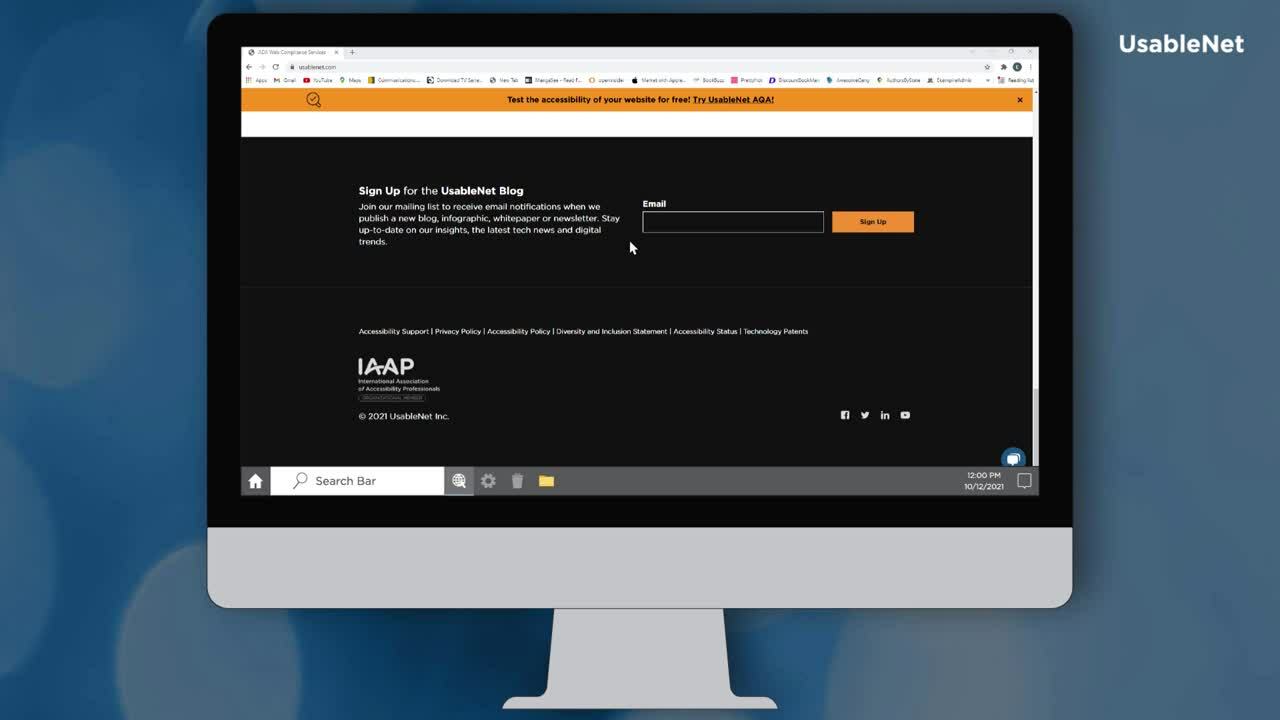Mobile is so engrained in modern culture that few people today can live without it. Smartphones, tablets and other mobile devices have changed how consumers do business. Mobile apps make it easy to access information, shop online and connect with people around the world.
Twenty-first century consumers expect their web experiences to be optimized for mobile use. Companies want the same thing for their business-to-business (B2B) transactions. A new infographic from Usablenet, a pioneer in mobile usability, unveils some interesting data about B2B commerce and the future of mobile.
B2B Mobile Commerce
Published in "B2B Marketing News," the statistics show mobile as the future of commerce for 78 percent of the B2B companies surveyed. Half of them already sell products and services through mobile transactions, and three in four vendors will offer this option by the end of 2014. More than 40 percent of the B2B companies plan to increase their mobile marketing budgets this year.
It makes sense for B2B companies to reach their customers through mobile marketing. More than half of these customers use mobile devices to read reviews and product information. They also use mobile to compare prices and features for the items they need for their business, from computer software to bentwood chairs to office supplies and more.
B2B Commerce Strategy
Business-to-business companies seem to have a handle on mobile marketing for smartphones. About 56 percent of their customers watch work-related, mobile videos on their phones, often outside of regular business hours. Mobile marketing for tablets is another story.
Forty percent of B2B companies say tablet computers would improve the adoption of marketing tools by their salespeople. However, more than 80 percent of them are not using tablets and have no plans to implement their use for selling purposes. Despite this lack of interest, the future looks bright for B2B mobile commerce.
More companies are shifting their offline transactions to online and self-service options. They are also adopting business-to-consumer (B2C) best practices to optimize the web experience. As a result of these changes, 75 percent of B2B companies will offer mobile commerce this year. Researchers think B2B mobile traffic will soon match the 22 percent already on B2C websites.
B2B Best Practices
"Internet Retailer" recently published the best practices for B2B mobile commerce. Optimization tops the list of suggestions. Since smartphones differ from tablets, smart companies optimize the web experience for each device.
Eliminating site clutter is another recommendation. A clean and simple interface makes navigation fast and easy. Slide-out menus improve functionality on mobile devices, and optimal image sizes increase the site speed. Location services round out the suggested practices; they make it easy for customers to continue shopping across multiple websites.
Optimization helps B2B customers complete their actions quickly, whether they are gathering information, buying a product or contacting customer support. The success of these practices by B2C e-commerce makes them an effective model for B2B mobile transactions. Companies that can adapt to their customer's preferences with multichannel marketing and web experiences will stay relevant in this new, mobile world.

![B2B Marketing: Mobile Commerce - The Future of B2B Selling [Blog]](https://blog.usablenet.com/hubfs/sic-blog-B2B-SALES.png)
![Who's Getting it Right in B2B eCommerce [White Paper]](https://blog.usablenet.com/hubfs/b2b-ecommerce-software1.jpg)



